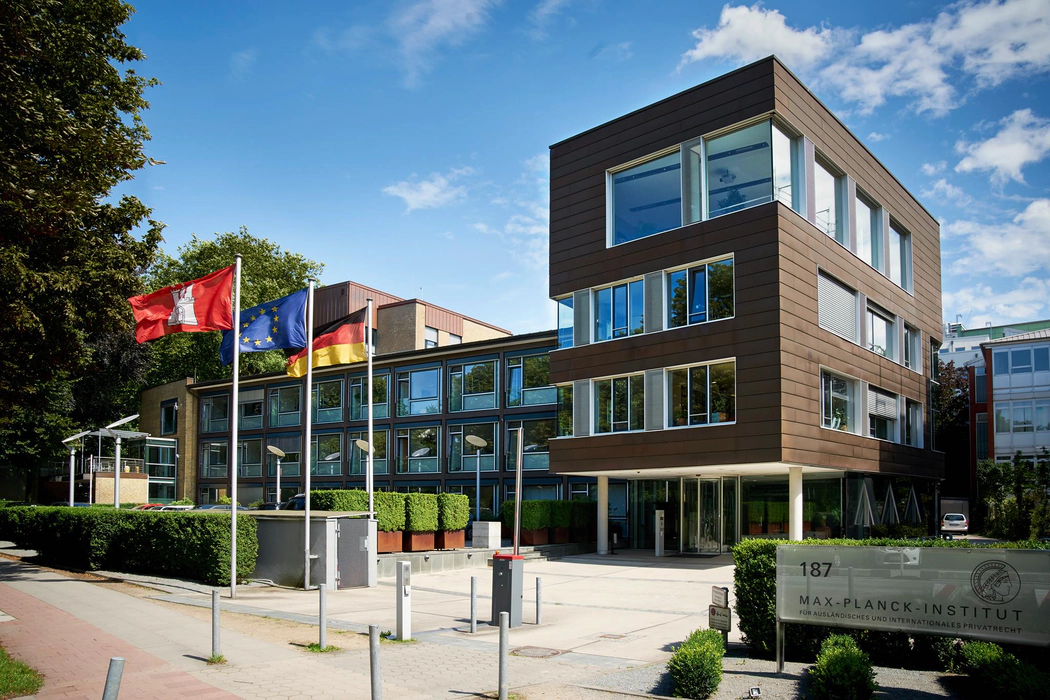Does State Law Pluralism Inhibit Legal Reform?
DOI:
https://doi.org/10.21036/LTPUB10960Researcher
In one third of countries worldwide, family law is created, administered and applied not by the state but by individual religious communities. In this video, DÖRTHE ENGELCKE explores how this system operates in Jordan and considers the impact that it has on potential reform. Focusing on the Byzantine family code (the family law applied by the Greek Orthodox community, Jordan’s largest and oldest Christian community), Engelcke shows that reforms have been very minimal despite obvious inherent inequalities in long standing laws. Engelcke demonstrates that state law pluralism makes it more difficult to implement reforms and she urges a greater focus on how family laws beyond Islamic family law require updating in order to protect the rights of women and other minorities

Original Publication
Between Church and State: The Challenges of Reforming the Church Courts and Family Law in the Greek Orthodox Patriarchate of Jerusalem
Dörthe Engelcke
Published in
Citation
Dörthe Engelcke,
Latest Thinking,
Does State Law Pluralism Inhibit Legal Reform?,
https://doi.org/10.21036/LTPUB10960,
Credits:
© Dörthe Engelcke
and Latest Thinking
This work is licensed under CC-BY 4.0
